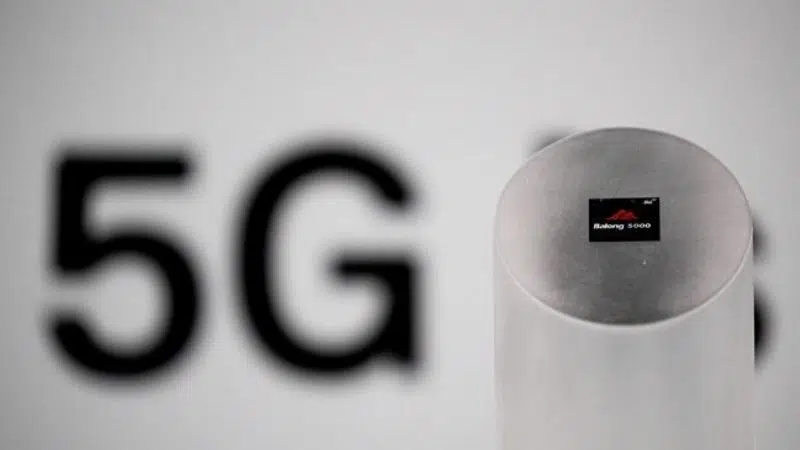
U.K.’s pro-Huawei signals give Canada breathing space on 5G decision: expert
OTTAWA — Canadian officials will be “cheering from the sidelines” over fresh signals that Britain believes it can manage any security risks posed by Huawei Technologies’ involvement in building a next-generation wireless data network, says an intelligence expert who closely studies the issue.
British media reports say the U.K. National Cyber Security Centre has concluded that with care and safeguards, Huawei equipment can be used in “5G” networks, amid pressure from the United States to ban the Chinese supplier.
If Britain gives Huawei a cautious green light, it will allow Canada room to make an independent decision, said Wesley Wark, an intelligence expert who teaches at the University of Ottawa.

